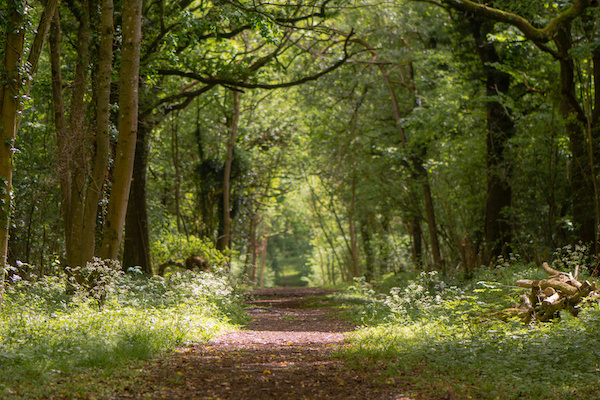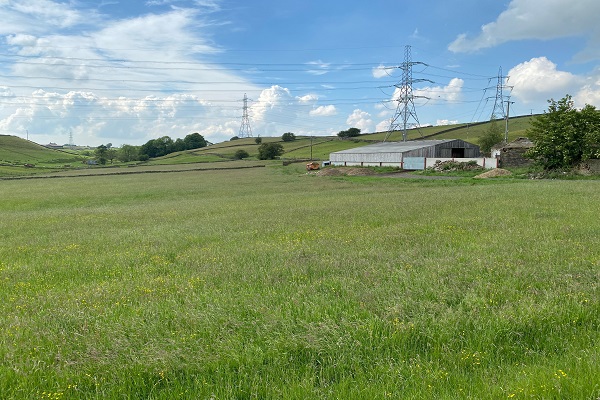Research on long-term agreements for landscape recovery
Strutt & Parker has been involved in a project which seeks to address some of the challenges around the use of long-term agreements for landscape recovery in productive agricultural areas.
Researchers at the Countryside and Community Research Institute (CCRI), based at the University of Gloucestershire, have worked in collaboration with Strutt & Parker to explore the potential for agreements of 30 or more years for achieving landscape recovery, including how a funding approach which blends both public and private funding may work.
The work forms part of Defra’s ongoing Test and Trials programme.
Through a series of workshops and interviews, the research team explored the receptiveness and capacities of land managers and other interested parties to take part in a long-term agreement.
These sessions were also used to co-design a ‘head of terms’ long-term agreement template, which provides an in-depth overview of the clauses that would need to be included in such an agreement and explores which would be most palatable to land managers and other involved parties.
The findings suggest that long-term agreements would have limited uptake in agriculturally productive areas at present. This is due to several barriers that make it difficult for both land managers and private funders to see them as feasible or attractive. Firstly, planning over such a long timeframe is challenging for land managers, particularly where succession is likely to occur, where they have short-term tenancies, or where they are concerned about the effects of climate change and other factors, on how they will manage their land in the future. Meanwhile, the shorter-term nature of the funding cycles that many private organisations such as water companies operate on, makes it difficult for these entities to commit to agreements that exceed these cycles.
However, both land managers and stakeholders did recognise that these agreements could offer a real opportunity to put in place ambitious measures which would lead to permanent recovery and restoration of landscapes.
Hannah Bloxham, Strutt & Parker director based in the Cirencester office, said: ‘This was a fascinating project to be part of and the results are very timely given the second round of the Landscape Recovery scheme is expected to open shortly. One of the key findings was that any agreements will need to be quite bespoke to account for the complexities which arise when working different land managers and stakeholders.’
Read the final report and head of terms agreement template.
The research team was made up of Lucy Barkley, Charlotte Chivers and Chris Short of CCRI; and Hannah Bloxham of Strutt & Parker.






